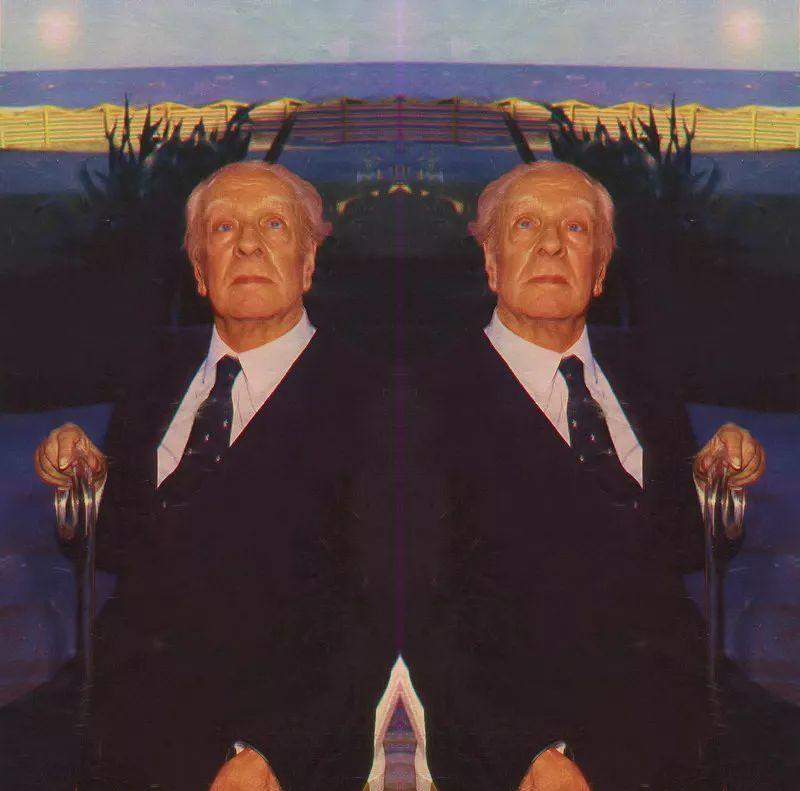
∞ Final Dialogue I., 2018
In Dialogo I
Borges × Ferrari translated by Chen Dongbiao
New Classic Culture | Nova Press
Lack of humor and solemnity
This is an evil of ours
Excerpt from On Humor
About Humor
Ferrari: There has been all sorts of speculation, Borges, about the source of your humor; where your humor in literature and your humor in all sorts of things comes from. For example, some people think it's George Bernard Shaw, some people think it's Samuel Johnson1 or someone else.
Borges: Well, I never knew I had humor, but there seems to be.
I believe this is a very superstitious country, enough for a person who opens his mouth against these superstitions — superstitions are too many to be taken as a joke. I believe that people accuse me of humor in order not to take what I say seriously; but I believe that I am not humorous, I believe that I am a simple person who can say whatever I want – which often conflicts with a lot of prejudice – and people assume that I am joking. So, uh, my reputation is safe... And what I slammed was safe.
For example, not long ago I published an article, "Our Hypocrisy," in which what I said was entirely serious, but considered a series of witty jokes, and it was the very people I had just slammed into praising me.
Ferrari: They're transformed into non-offensive things through humor.
Borges: Yes, I believe so. At the same time, though, humor is a quality I admire—especially someone else's. Now, as far as I'm concerned, I can't remember any of my own jokes anymore.
Ferrari: But follow dr. Johnson's tradition, for example.
Borges: That I remember, uh, humor and especially wit. But it seems hard... It is difficult to define those things; the most obvious things are precisely the things that are impossible to define, because definition is to express something in other words: those other words may not be as expressive as what is defined.
Moreover, fundamental things cannot be defined, because how do you define, for example, the taste of coffee, or the pleasant sadness of sunset, or the kind that one might feel in the morning, which must be illusory hope. These things cannot be defined.
Ferrari: They can't be defined.
Borges: That said, if it's an abstraction, it's really definable; you can give a precise definition of a polygon, say, or a meeting, and it can be defined. But I don't know how far you can define a toothache.
Ferrari: But you can define the lack of humor. In our country, for example.
Borges: Well, well, the lack of humor and the solemnity, that's an evil of ours, right? It manifests itself in so many things. For example, few countries have a history as brief as Argentina's — only two centuries — and yet few people are so tired of dealing with anniversaries, national holidays, statues on horseback, rehabilitating deceased celebrities.
Ferrari: There are still grievances.
Borges: There are still grievances, yes. It's scary, obviously it's getting worse all the time, of course.
Translation Notes:
1. Samuel Johnson (1709-1784), English writer, poet, literary critic, and lexicographer.
Fundamental things cannot be defined, because how do you define, for example, the taste of coffee, or the pleasant sadness of sunset, or the kind that one might feel in the morning, which must be illusory hope.
—Translated by Borges | Chen Dongbiao
—Reading and Rereading—
Chen Dongbiao translation and others
Caption: Borges, January 7, 1982
In Argentina Villa Gesell Ricardo Alfieri